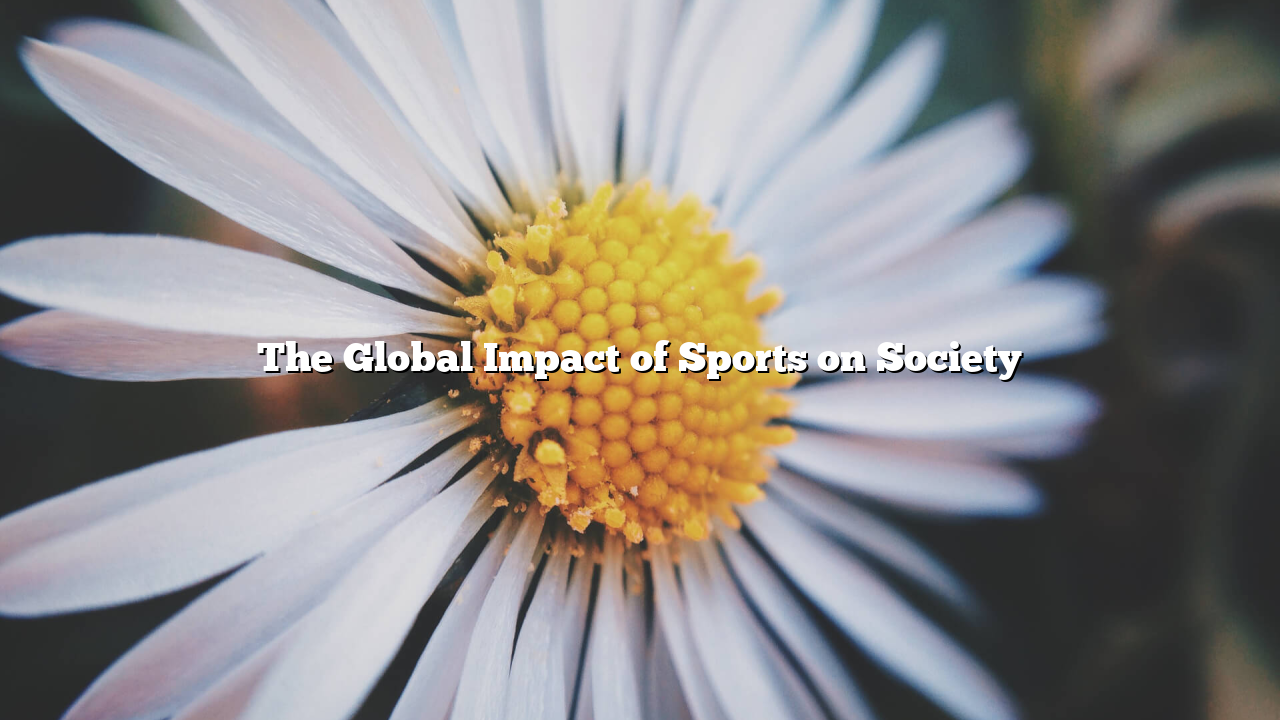Sports are one of the few aspects of human culture that transcend language, politics, and geography. Whether it is the FIFA World Cup, the Olympics, or local community tournaments, sports unite people in ways few other indo168 activities can. Their global impact is evident in cultural exchange, economic growth, and the promotion of peace and understanding.
On a cultural level, sports act as a bridge between nations. International competitions allow athletes and fans from different backgrounds to come together, share traditions, and celebrate diversity. The Olympic Games, for instance, showcase not only athletic excellence but also cultural pride, as countries display their unique heritage while competing on a global stage.
Economically, sports are a major driver of growth. Professional leagues generate billions of dollars through broadcasting rights, sponsorships, and ticket sales. Sporting events boost tourism, create jobs, and stimulate local businesses. Cities that host global tournaments often experience long-term benefits, from improved infrastructure to increased international recognition.
Sports also play a unique role in diplomacy and peacebuilding. Matches between rival nations have often served as platforms for dialogue and reconciliation. Sporting icons, too, frequently use their influence to advocate for social justice, equality, and humanitarian causes. The power of sports to inspire collective action is unmatched.
At the grassroots level, sports provide opportunities for youth empowerment. Programs that promote participation in sports can keep young people away from negative influences while teaching them discipline, teamwork, and leadership. Communities with active sports programs often see lower crime rates and higher levels of engagement.
In summary, sports are far more than physical competitions; they are global connectors that shape culture, boost economies, and foster peace. Their influence on society is profound and enduring, making them an essential part of human progress.
